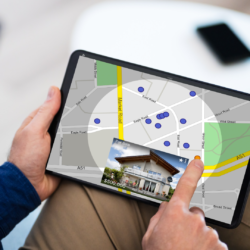Things to consider before choosing new subdivision
When choosing a new subdivision, it is important to consider the following factors: Location: Consider the proximity to schools, grocery stores, hospitals, and other amenities. Also, think about the overall neighborhood and whether it feels safe and desirable. Home prices: Research the cost of homes in the subdivision to ensure that they are within your Read more about Things to consider before choosing new subdivision[…]






